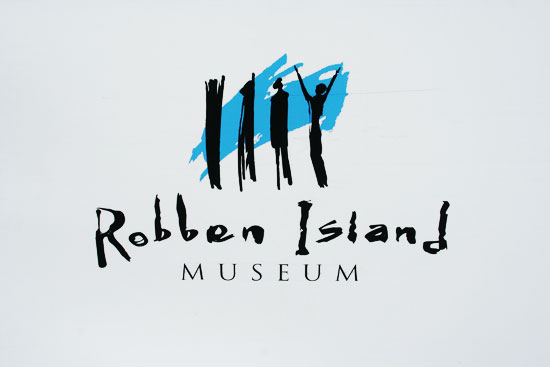
Robben Island Museum, like many other organisations in the tourism sector, is feeling the economic impact of COVID-19 and fighting to remain sustainable in the short term.
A number of similar entities have reduced salary bills at 12 months ago and some revenue generating public entities have been provided additional funding to ensure their continuity and sustainability in the short term.
“It is unfortunate that a recent media report paints a biased, grim and entirely subjective view of the RIM visitor experience, and conflates this with employee processes which are underway, to mitigate the impact of COVID-19,” said Siphuxolo Mazwi, RIM Senior Manager: Marketing and Tourism.
Like any tourist attraction, RIM facilities and services need constant maintenance in order to maintain the significance and/or outstanding universal values, as well as value of the visitor experience. This maintenance takes place on an on-going basis. As a World Heritage Site, there is also the fine balance to ensure that the maintenance doesn’t impact its authenticity.
RIM has had to restructure its operations in order to remain sustainable in the short-term. The prolonged economic onslaught of COVID-19 has pushed the organisation into crisis mode financially, and the RIM management is now considering various business rationalization options, with effect from June this year until such time that there is a resumption of normal business at the museum. This includes cutting staff salaries by 50% with equally reduced working hours across the board and/or invoke section 189 of the labour relations act for operational reasons.
The RIM employees have all been informed of the situation through a process of internal engagement, wherein options are being discussed, to mitigate the financial impact on the staff. We appeal to members of the media to respect this internal process and not to deliberately conflate matters. Media will be kept updated as the progress of this process unfolds.
Careful attention is paid to our tour packaging and it should be noted that the tour does not just focus on one particular area of interest, but gives visitors a holistic experience, that covers the many layers that make up its history, heritage, politics, conservation, literature, education and so much more. This is because a visit to the island is about much more than just the maximum-security prison.
During the nationwide lockdown in 2020, RIM took the opportunity to upgrade the visitor offering both on the island and at the V&A Waterfront. New exhibits were developed, i.e. the Visitors’ Centre, the Sobukwe Complex and Jetty 1, and these will soon be launched as an improved and enhanced way of experiencing the island.
The narrative that the buildings on the island are in ruins, is completely devoid of truth as there is a Maintenance Plan in place. Working with key stakeholders in heritage compliance, conservation and built environment, the organisation has further developed it’s Built Environment Conservation Manual which guides built heritage conservation projects on the island and ensures compliance with all regulatory bodies and legislation.
The photographs of damaged buildings that had been circulating on social media platforms, relate to storm-damage in October last year and were taken during a site inspection and briefing with contractors that were called to assist with the repair and maintenance of the damaged structures. Such circulation demonstrates ill intentions by potential service providers or members of the public. Repair works are currently underway to 60 structures in compliance with conservation and safety protocols relating to handling asbestos materials.
“We are passionate about conservation and as such RIM has many competing and overlapping conservation needs that require careful mapping and management as a world heritage site, marine protected area, cultural landscape, biodiversity space, and tourism destination as outlined in our Integrated Conservation Management Plan (ICMP 2018-2023). The notion then, that there is no consideration for biodiversity on the island, is very false,” said Mazwi.
Entering its third year of implementation, the ICMP, addresses interpretation, biodiversity management, and the conservation issues of the Island, as well as the restoration of the built environment which is impacted by environmental factors such as the proximity to the coastal saline environment and extreme weather. The current financial crisis could impact planned activities as RIM aims to balance competing priorities. Government stance has been to save jobs as far as possible and to this end RIM had aimed to achieve this as far as possible.
The conservation of the natural environment, understanding the effects of climate change on the island and building resilience are central to our plans. As part of our broader institutional strategy to enhance our conservation efforts at Robben Island World Heritage site, the organisation has developed and is currently implementing various strategies to address both invasive fauna and flora on the island. This includes planting indigenous trees at Robben Island.
Finally, RIM has been 100% transparent about the investigation into mismanagement, and while disciplinary processes are underway, we cannot speculate on the outcome. Once the disciplinary processes and/or related legal processes are concluded, the outcome thereof, as well as an executive summary of the report will be made available to the public.
Currently, RIM tours are running Mondays, Wednesdays, Fridays, Saturdays and Sundays at 11am. Additional tours are made available as the demand necessitates.
